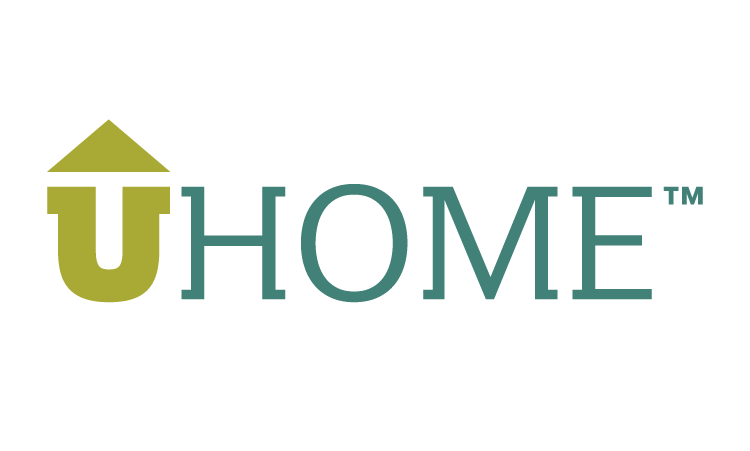Medication Management for Seniors: How to Make it Easier and Safer
As our parents age, it's important to make sure they are taking their medications correctly. With so many pills to track, it can be hard to know if they're getting the right doses at the right times.
It is important to ensure your aging parent is managing their medication well at home. Taking medication incorrectly is a leading cause of hospital visits and medical complications that could have been prevented
Save to refer back to later!
Common challenges that seniors face with medication management
Managing medication effectively is an essential part of staying healthy and happy as a senior; however, medication management can be incredibly difficult for seniors due to mobility concerns, trouble keeping track of medication, and financial burdens.
Seniors may not have the physical or mental ability to remember to take medication on time or have difficulty affording medication, even with insurance. As such, it's greatly important for those caring for seniors to consider medication management strategies that are tailored to the individual needs of their loved ones.
Ensuring that medication is properly managed will significantly improve their quality of life and overall health.
Medication Management Strategies For Seniors
Medication management for seniors can be a complex process, but with the right resources and tools, it can be made simpler. Taking advantage of available technology, consulting with a healthcare professional, and exploring community resources can help ensure that medications are being taken safely and effectively.
Set up a medication reminder system: Whether it’s an alarm clock, smartphone app, or connected device like Alexa – having a reliable way to remind yourself when it is time for medications can be helpful.
Create a medication tracking system: Keeping a log book or spreadsheet of medications taken can help seniors and their families and caregivers stay on top of their medications.
Keep an updated list of medications on your person in case of emergencies, and use medication apps to update dosages and set reminders/alarms.
Invest in medication organization tools: Simple and inexpensive pill organizers can help seniors keep track of their current medications and make sure they are taking the correct dose at the right time.
Prepare for the unexpected when travelling: bring along a day's worth of medications just in case you return later than expected.
Request a medication review by your doctor or pharmacist: Periodically reviewing one’s medication plan with a healthcare professional can help ensure that it is still the most suitable option for their health needs.
The role of family and caregivers in supporting seniors with medication management
Supporting seniors with their medication management is an important task and burden that often falls to families and caregivers. It is a full-time job, so it is essential to have the right strategies in place to provide the best care. Knowing the medication plan, proactively monitoring usage, and reinforcing good habits surrounding medication can help maximize the long-term benefits of taking medications correctly. Family and caregivers should feel supported by being informed about relevant medical programs and social services that can provide additional resources during this time. Together they can empower each other to find solutions and strive toward better medication management practices within the senior’s lifestyle.
How Does An Occupational Therapist Assess Medication Management?
An occupational therapist trained in home modifications and accessibility can offer a variety of formal and informal assessments that specifically target medication safety. This will enable you to see if your aging parent can safely manage their own medication at home.
This assessment will include specific components of medication management from reading directions on the bottle to organizing a weekly pillbox.
In addition, Occupational Therapists can review medications and determine if there are any challenges or red flags with current medication compliance.
Resources for further information and support
It is important that seniors and their families have access to reliable resources and support regarding proper medication management. Consider speaking to your doctor, pharmacist, or other healthcare providers for additional advice and clarification.
There are also numerous organizations dedicated to providing support and information about medication management strategies for seniors. The American Geriatrics Society offers downloadable resources to help you make the best decisions for your health. Additionally, there are online forums and multiple social media sites where you can find help from people going through similar experiences. No matter the challenges in your journey toward better medication management, know that you’re not alone. There are many resources available to assist you.
If you would like help assessing your home safety needs, our team of occupational therapists would be happy to book a virtual home safety assessment with you.




As we age, maintaining cognitive health becomes increasingly important for overall well-being. Promoting mental wellness in seniors is crucial not only for preserving memory and cognitive function but also for enhancing quality of life. This blog explores various strategies, from cognitive exercises to social engagement and dietary considerations, offering practical tips to support cognitive wellness in the aging population.